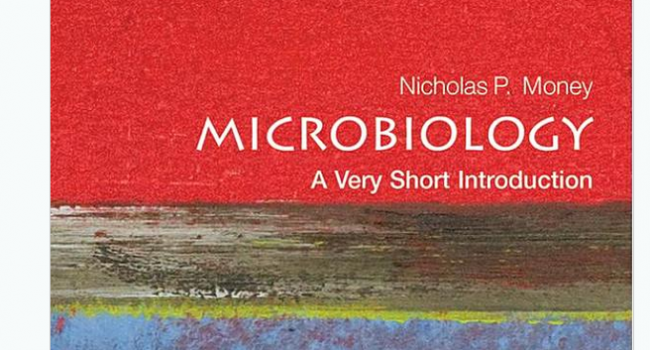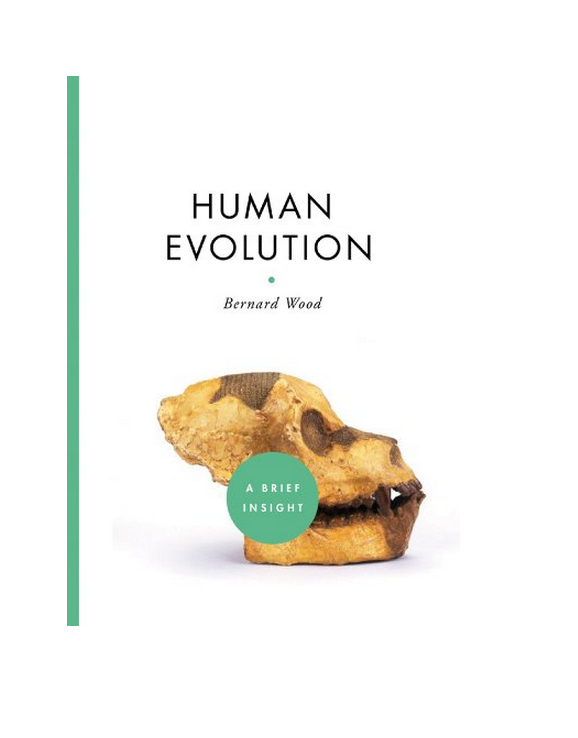Genes: A Very Short Introduction – Book Review
 For as long as humans have been occupied with agriculture and raising of cattle, concern with selecting the best crops and the best farm animals has been an important intellectual topic. However, only with the work of Gregor Mendel in the late nineteenth century have we started to get a better quantitative picture of how heritability really works. Remarkably enough, most of the deep insights that Mendel came up with have survived subsequent major revolutions in our understanding of molecular nature of inheritance.
For as long as humans have been occupied with agriculture and raising of cattle, concern with selecting the best crops and the best farm animals has been an important intellectual topic. However, only with the work of Gregor Mendel in the late nineteenth century have we started to get a better quantitative picture of how heritability really works. Remarkably enough, most of the deep insights that Mendel came up with have survived subsequent major revolutions in our understanding of molecular nature of inheritance.
This little book aims to cover all of the major topics in the study of genes and genetics. It has a short historical preamble which is followed by the attempt to give the best definition of what genes are. The book deals in some detail with the biochemistry of cells and cellular development. It also goes into some detail to cover the human genetics, and human pathologies that have genetic component in particular. It contains a lot of interesting information in its very short format.
To its credit the book does not shy away from some more controversial topics in human heritability and genetics, such as the existence and nature of races and group differences. The book tries to present all sides of such debates fairly and equitably. (A bit too equitably for my taste.) It leaves it up to the reader to form his own conclusions, or to seek out additional resources and information on these matters.
One of the biggest insights that I’ve gained from reading this short book is that the very notion of a “gene” is not as well defined on the most fundamental level as I had previously thought. The notion of a “gene” is best defined and most useful for single well defined characteristic of an organism that is due to a very precise single region of the DNA sequence. (Even there there are many important caveats.) For heritable characteristics that are far less well defined in terms of their determination by the DNA code the very notion of a gene becomes much more dubious. Nonetheless, our main macro insights about genes and genetics are still largely valid, but we need to keep our expectations from the molecular genetics somewhat in check.
The book is very well written, and it is organized thoughtfully and comprehensively. It still uses quite a bit of scientific jargon and more advanced concepts that many general readers may be unfamiliar with. Nonetheless, all of that should make for a more educational and informative book. I really enjoyed reading it and would strongly recommend it to anyone who has any interest in genetics, biology, or science in general.
There are no comments yet, add one below.




